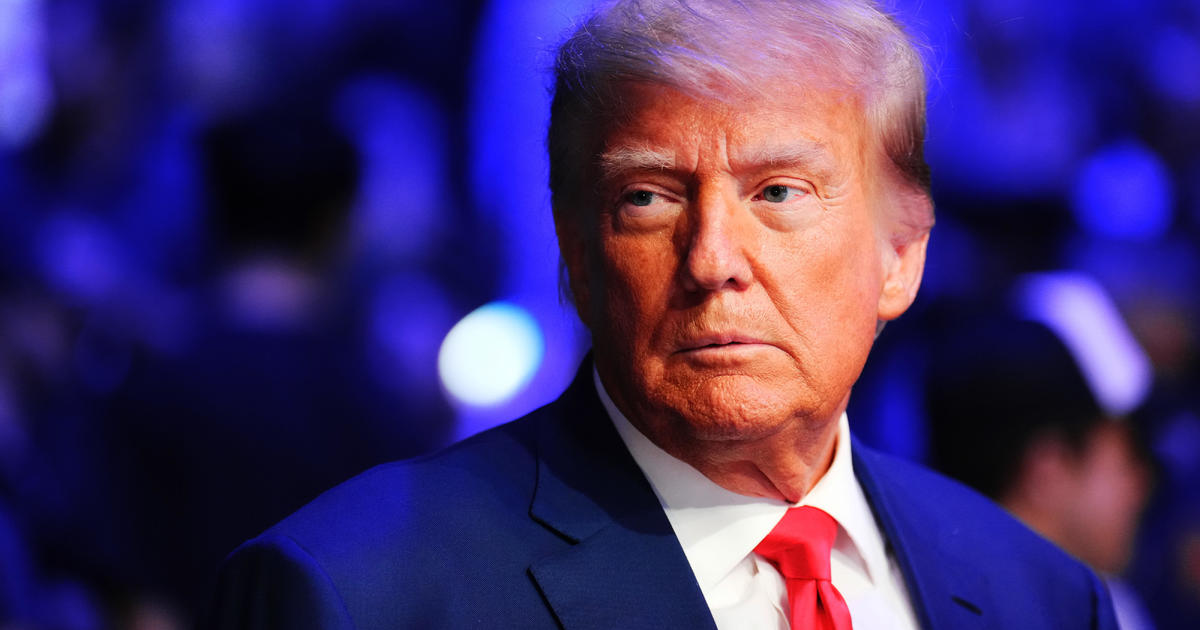Washington — Prior to sentencing, a former FBI intelligence analyst requested leniency, drawing a parallel between her case and the charges against former President Donald Trump. In a sentencing memo, her lawyer emphasized the publicity surrounding her situation and the notable political figures whose conduct resembles hers. Kendra Kingsbury, the analyst, received a 46-month prison sentence for illegally retaining 386 classified documents at her Kansas residence. She pleaded guilty to two violations of the Espionage Act, involving 20 of the documents. The uniqueness of Trump’s case is highlighted by the comparison to Kingsbury and others who have violated the Espionage Act. In June, a federal grand jury indicted the former president on 37 counts relating to his mishandling of classified documents and obstruction of their retrieval from his Mar-a-Lago club. Of these charges, 31 are violations of the Espionage Act.
Trump referred to the allegations against him as an “outrageous and vicious legal theory” when addressing his supporters in June. He argued that the Espionage Act is typically used against traitors and spies and that he is not charged as such. Instead, he faces charges of violating 18 U.S.C. 793(e), which criminalizes the unauthorized possession of documents related to national defense. Trump has pleaded not guilty.
According to CBS News, cases involving this provision of the Espionage Act rarely go to trial. Since 2017, at least seven cases with similar charges have resulted in guilty pleas, including Kingsbury’s. One case went to trial and ended in a guilty verdict. The majority of defendants received sentences shorter than what the government had requested, spanning from 18 months to nine years, with an average of three to six years. Nevertheless, Trump possessed higher-level information than Kingsbury did, which may factor into his punishment.
Prosecutors accused Kingsbury of taking secret-level documents from the FBI and housing them in an unsecured space in her residence. Trump is accused of keeping classified documents ranging from top secret to secret in various locations at Mar-a-Lago, including a bathroom, shower, ballroom, and bedroom. These documents reportedly contain information on U.S. nuclear programs, vulnerabilities to military attack, and plans for retaliation. Another individual, Robert Birchum, received a three-year prison sentence for removing over 300 classified documents, including top-secret information, from secure locations. Birchum also invoked Trump’s handling of classified documents to argue against prison time.
A former NSA contractor, Harold Martin, was sentenced to nine years in 2019 for violating the willful retention provision. He was accused of stealing 50 terabytes of data, including documents classified at the top-secret level, and storing them at his Maryland home and in his car. A guilty plea generally results in reduced charges and a lighter sentence, whereas going to trial can lead to an acquittal or lengthier sentence. In Trump’s case, the uncontested possession of national defense information may make a trial challenging.
Trump’s case carries political implications due to his presidential campaign. Zaid, a national security lawyer, suggests that delaying the trial as much as possible and potentially winning the 2024 election could be Trump’s best legal strategy. Zaid also notes that Trump’s case may influence future cases, as previous prominent officials’ mishandling of classified information had an impact on punishment. However, the outcomes for other civilians convicted of similar crimes may differ from Trump’s due to various factors.
In conclusion, the former FBI analyst’s case draws parallels to the charges against Trump under the Espionage Act. However, the uniqueness of Trump’s case is evident, and the outcome may have political ramifications. Trump’s legal strategy is to delay the trial and potentially win the presidency to make the federal case disappear. Overall, Trump’s case may shape future cases involving mishandling of classified information.
Denial of responsibility! VigourTimes is an automatic aggregator of Global media. In each content, the hyperlink to the primary source is specified. All trademarks belong to their rightful owners, and all materials to their authors. For any complaint, please reach us at – [email protected]. We will take necessary action within 24 hours.


